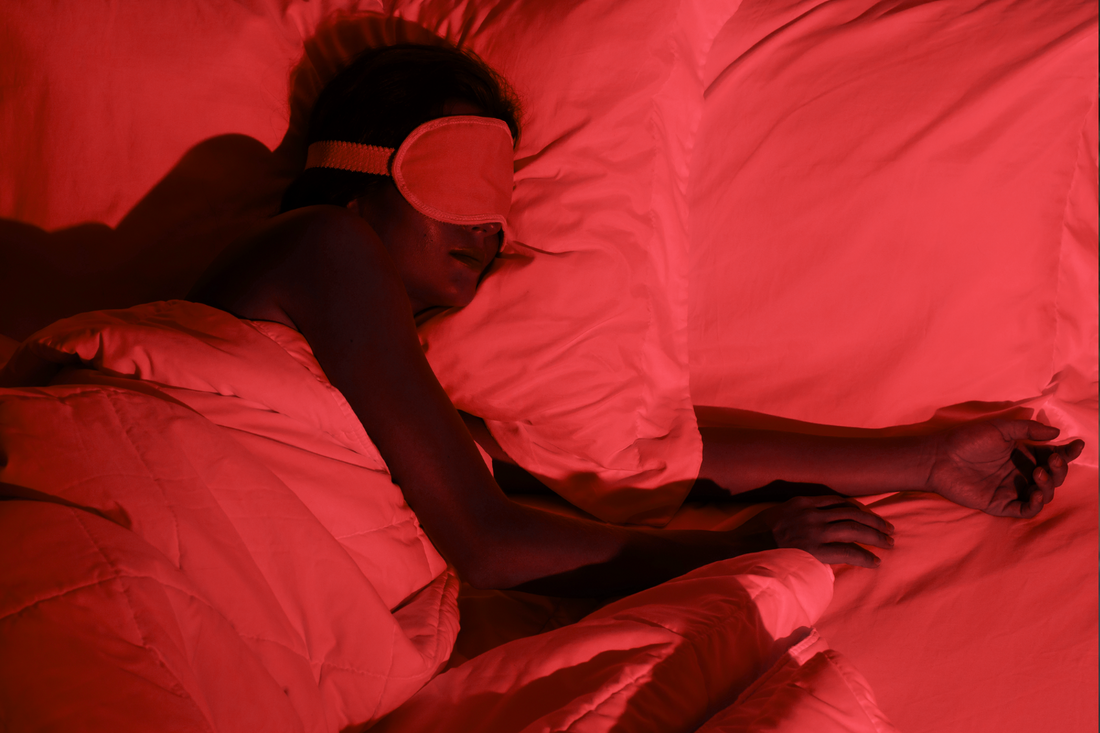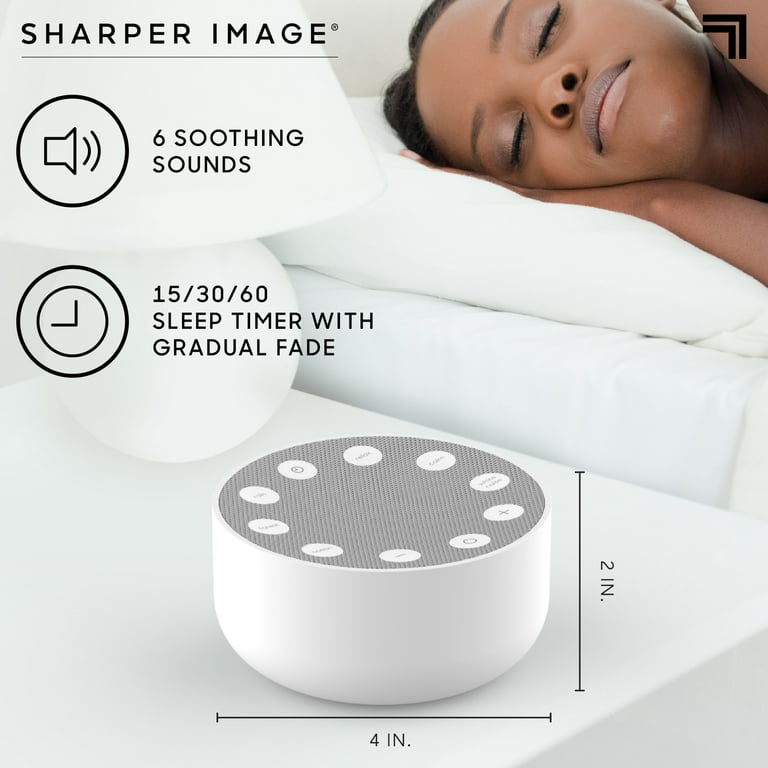Reliable Insomnia Therapy - Reclaim Your Restful Nights
Reliable Insomnia Therapy - Reclaim Your Restful Nights
Blog Article
Reliable Therapy Solutions for Taking Care Of Sleep Disorders and Enhancing Peaceful Rest
In the realm of healthcare, the administration of sleep disorders and the mission for restful rest are essential elements of total well-being. Effective treatment options provide a multifaceted strategy to deal with these obstacles, varying from cognitive behavioral treatments to alternative techniques that advertise relaxation and mindfulness. The exploration of different methods, including the assimilation of medicine and light treatment, opens a realm of possibilities in the quest of better sleep top quality. As we browse the elaborate landscape of sleep problems and seek to enhance our sleep experience, a much deeper understanding of these treatment solutions might hold the key to opening a more relaxing and meeting corrective journey.
Cognitive Behavioral Treatment for Sleep Problems (CBT-I)
Cognitive Behavior Modification for Sleeping Disorders (CBT-I) is an organized, evidence-based therapy approach that focuses on addressing the underlying aspects adding to rest disruptions. This type of therapy aims to customize habits and ideas that intensify insomnia, eventually advertising healthy rest patterns. CBT-I typically includes several key components, consisting of cognitive treatment, rest limitation, stimulation control, and rest health education and learning.
Cognitive treatment assists individuals determine and alter negative thought patterns and beliefs about rest that may be impeding their capacity to fall or remain asleep. Rest limitation involves restricting the amount of time spent in bed to match the individual's real rest period, therefore boosting rest performance (insomnia counseling). Stimulation control strategies aid develop a solid organization in between the bed and sleep by urging individuals to go to bed just when sleepy and to prevent involving in promoting tasks in bed
Moreover, rest hygiene education and learning concentrates on creating healthy and balanced rest practices, such as maintaining a regular sleep schedule, developing a relaxing bedtime regimen, and enhancing the sleep environment. By attending to these variables comprehensively, CBT-I supplies an efficient non-pharmacological intervention for managing sleeplessness and enhancing overall rest high quality.
Sleep Health Practices
Having actually developed the structure of cognitive restructuring and behavioral adjustments in attending to sleep problems with Cognitive Behavioral Therapy for Sleeplessness (CBT-I), the focus currently changes in the direction of checking out crucial Rest Health Practices for preserving optimum sleep top quality and overall wellness.
Rest hygiene techniques incorporate a variety of routines and environmental factors that can considerably affect one's capacity to drop asleep and stay asleep throughout the evening. Constant rest and wake times, developing a relaxing bedtime regimen, and optimizing the sleep setting by maintaining it dark, quiet, and cool are important elements of excellent rest health. Restricting direct exposure to displays prior to bedtime, avoiding energizers like caffeine close to going to bed, and involving in routine exercise throughout the day can likewise advertise better rest top quality.
Moreover, practicing relaxation techniques such as deep breathing workouts or meditation before bed can help relax the mind and prepare the body for rest. By integrating these sleep health methods into one's daily regimen, people can develop a healthy rest pattern that supports peaceful rest and overall well-being.
Relaxation Strategies and Mindfulness
Applying relaxation techniques and mindfulness practices can play a critical role in cultivating a feeling of calm and advertising top quality rest. insomnia specialist. These strategies intend to silent the mind, decrease tension, and develop an optimal setting for relaxing sleep. One extensively practiced approach is deep breathing exercises, where people focus on slow, deep breaths to unwind the mind and body. Progressive muscle leisure includes tensing and after that launching each muscle group, promoting physical leisure. Furthermore, led imagery can help deliver people to a serene area in their minds, aiding in stress reduction and boosting rest top quality.
By incorporating these practices right into a bedtime regimen, people can signal to their bodies that it is time to prepare and relax for rest. In general, incorporating relaxation strategies and mindfulness methods can dramatically add to taking care of sleep problems and enhancing general rest quality.

Medication Options for Sleep Disorders
After discovering relaxation techniques and mindfulness methods as non-pharmacological interventions idiopathic hypersomnia for enhancing rest quality, it is vital to think about medicine choices for individuals with sleep disorders. In cases where way of living modifications and therapy do not supply adequate relief, medication can be a beneficial tool in managing sleep disruptions.
Commonly suggested drugs for sleep disorders include benzodiazepines, non-benzodiazepine hypnotics, antidepressants, and melatonin receptor agonists. Antidepressants, such as trazodone, can be useful for individuals with co-occurring anxiety and sleep disturbances - sleep deprivation help.
It is important for individuals to speak with a health care copyright to figure out the most appropriate drug choice based on their certain rest problem and case history.
Light Therapy for Body Clock Guideline
Light treatment, additionally called photo-therapy, is a non-invasive therapy approach used to regulate body clocks and enhance sleep-wake cycles. This therapy includes direct exposure to brilliant light that mimics all-natural sunshine, which aids to reset the body's body clock. By exposing people to specific wavelengths of light, normally in the morning or night depending on the wanted impact, light treatment can effectively readjust the body clock to promote wakefulness throughout the day and improve restful sleep in the evening.
Study has revealed that light therapy can be specifically beneficial for people with circadian rhythm conditions, such as postponed sleep stage syndrome or jet lag. It can additionally be helpful for those experiencing seasonal affective condition (SAD), a type of depression that commonly happens during the cold weather when natural light exposure is minimized. Light treatment is usually well-tolerated and can be utilized together with other treatment methods for sleep conditions to enhance end results and enhance general sleep high quality.
Verdict
In verdict, reliable treatment solutions for taking care of sleep disorders and enhancing restful rest include Cognitive Behavior modification for Sleeplessness (CBT-I), rest hygiene practices, leisure strategies and mindfulness, medicine options, and light therapy for circadian rhythm regulation. These approaches can aid individuals boost their sleep high quality and total health. It is essential to talk to a health care copyright to identify the most suitable method for addressing rest concerns.
As we browse the detailed landscape of sleep problems and look for to improve our sleep experience, a deeper understanding of these treatment solutions might hold the secret to unlocking an extra rejuvenating and satisfying restorative journey.
Rest restriction entails limiting the quantity of time spent in bed to match the person's real sleep duration, thus enhancing rest efficiency. Consistent rest and wake times, creating a relaxing going to bed routine, and enhancing get more the rest setting by maintaining it dark, peaceful, and cool are crucial elements of great sleep health. Light therapy is usually well-tolerated and can be used in combination with other therapy techniques for sleep disorders to maximize results and improve overall rest top quality.

Report this page